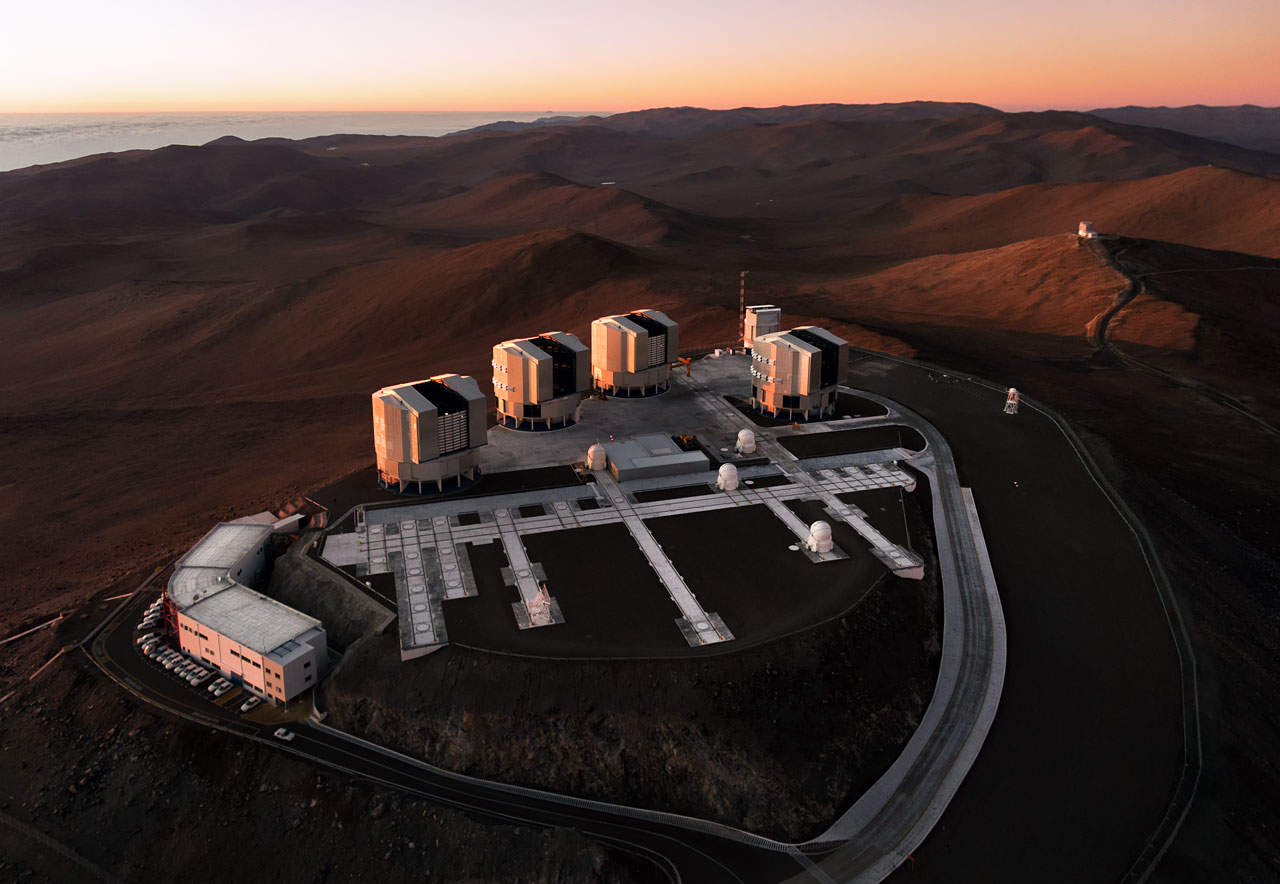L3Harris gets green light to produce 16 space-based hypersonic missile trackers
WASHINGTON — Defense contractor L3Harris announced Dec. 20 it has received approval from the Space Development Agency to move into production on 16 satellites designed to detect and monitor hypersonic missiles aimed at the U.S. or its allies.
L3Harris said its satellites cleared a critical design review and a production readiness review.
The Space Development Agency (SDA) is a U.S. Space Force organization building a layered network of satellites known as the Proliferated Warfighter Space Architecture. It includes a Transport Layer of interconnected communications satellites that will transmit data collected by the Tracking Layer of sensor satellites.
L3Harris in 2022 won a $700 million contract to design and produce 16 Tracking Layer Tranche 1 satellites, and to provide ground systems and support services. The company selected Maxar Technologies as its satellite bus supplier.
‘Destabilizing weapons’
“Hypersonic missiles are the most destabilizing kinetic weapons in our adversaries’ arsenals due to their dim flight profiles, varied launch points and high maneuverability,” said Bob De Cort, L3Harris’s director of program management. “To deter their use and, when needed, to defeat them, the United States requires a resilient sensor platform to remove the veil from their flight paths.”
L3Harris produces satellites in Melbourne, Florida and Fort Wayne, Indiana. The company has already delivered four prototype tracking satellites under a previous $193 million contract for Tranche 0 of the program. Those satellites were slated to launch this year but have faced delays.
The Tracking Layer Tranche 1 satellites are scheduled to launch in 2025. Northrop Grumman and Raytheon RTX also are producing Tracking Layer Tranche 1 satellites under separate contracts.
The push to field reliable hypersonic detection comes as China, Russia and other nations race ahead with the development of maneuverable high-speed weapons intended to evade traditional defensive systems.




